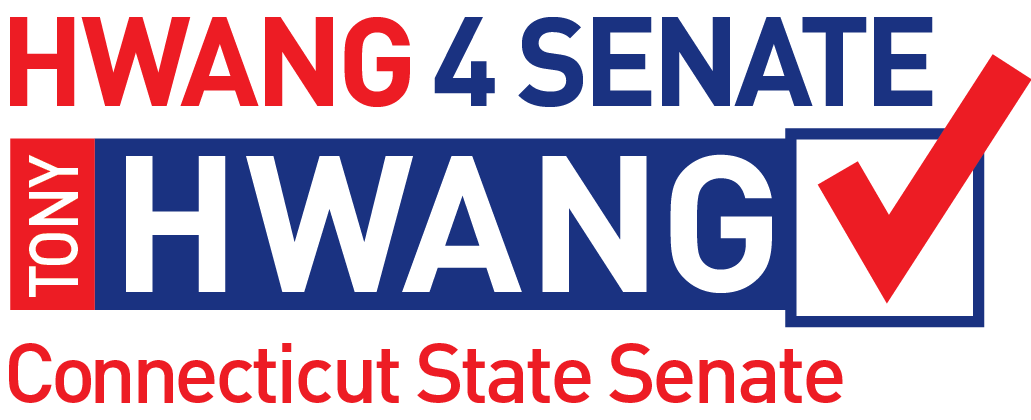After years of being in real minority positions, Weston’s Republican legislators are seeing the opportunity to wield some power this legislative session as political parties are at parity in the state Senate and approach equal numbers in the House of Representatives.
Sen. Toni Boucher (R-26) has been elevated from ranking member to sharing the chairmanship of the education and transportation committees. She will also serve as vice chairman on the Banking Committee, and as a member of the Finance, Revenue and Bonding Committee. In addition, she is the chief deputy Senate Republican majority leader, which puts her third on the leadership ladder on the Republican side of the Senate.
Sen. Tony Hwang (R-28) is a ranking member on the Housing and Labor and Public Employees committees, and a member of the Commerce and Veterans’ Affairs committees.
Influence
One of the new opportunities Republicans will have this legislative session is the ability to split committee votes. Unlike in the federal Congress, all Connecticut legislative committees include both House and Senate members.
Since Democrats are still in the House majority, they will hold a majority of House committee members, but with the Senate tied, Republican senators can threaten to kill a bill by forcing separate House and Senate votes.
“That gives you a lot of influence on the agenda and public hearings,” Boucher said.
The senator said any bills she will submit will focus on the budget, education, and transportation this session, and Lavielle has already submitted a bill that would reverse the way the state approaches its budget formation process.
She said each town’s finance board looks at how much revenue it believes can be raised and then offers guidance to the boards of education and selectmen.
“In the legislature, you do the spending first and then the Finance Committee always has to ask where the revenue is coming from,” she said. “Revenue estimates have not been anywhere close to realistic. I want to be involved in that process.
“We should be defining what our revenue potential is before we actually define spending. If you don’t know how much you have to spend, how can you spend it?”
At the top of her education list, Boucher said she would like to ensure the Education Cost Sharing formula “does not further disadvantage our towns and communities,” she said. Weston’s ECS grant was further reduced by just over $180,000 in mid-fiscal year cuts.
She would also like to see many of the education mandates eliminated, stronger penalties for academic truancy, after-school help for students who cannot read after the third grade, elimination of the common calendar, and increased support for gifted and talented students.
On the positive side, Boucher said she felt Gov. Dannel Malloy, who gave his State of the State speech on Jan. 4, “appears to have been listening to us.”
She approved of his comments about forming a “predictable budget process,” adding, “He did talk about structural costs of the state, and it’s about time we talked about that.”
Working together
Hwang expressed interest in working together with other state legislators to effect change.
“In his State of the State speech, Gov. Malloy said that when we come together, hold realistic expectations, and seek common ground, we can deliver results. I agree wholeheartedly,” Hwang said.
To deliver those results, Hwang said, legislators must work together to:
- Restore business confidence by getting Connecticut’s finances in order through common sense, long-term structural changes to the state budget.
- Enact a cap on runaway wasteful state government spending.
- Eliminate burdensome unfunded state mandates.
- Make certain that state employee union contracts actually get voted on by the legislature.
- Protect vital services for the most vulnerable — children, seniors, the sick, and the disabled

